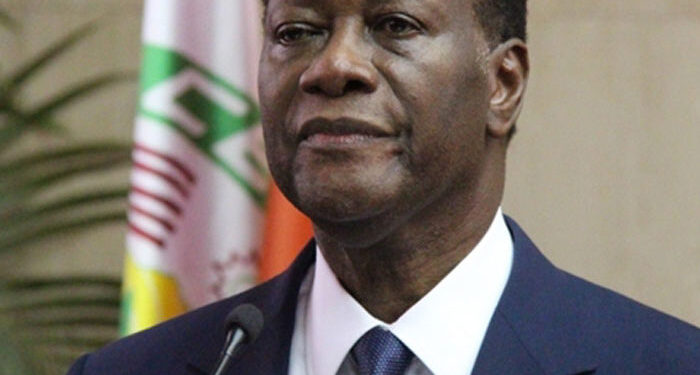Alassane Ouattara, the 83-year-old president of Ivory Coast, is seeking a fourth term in office, capitalizing on the country’s economic boom and infrastructure development.
Despite facing criticism for restricting democratic activities, Ouattara’s supporters argue that his success reflects voter satisfaction with the country’s strong economic growth and notable projects, such as new roads, interchanges, and a prominent tower in Abidjan.
Ouattara’s path to the presidency has been marked by controversy, including a brief but brutal civil war in 2010-2011 sparked by his predecessor’s refusal to leave office. He has since won landslide re-election wins in 2015 and 2020.
The president’s supporters claim his economic policies have driven growth, while critics argue that restrictions on democratic activities undermine his legitimacy.
The opposition’s ability to challenge Ouattara is limited, with key candidates barred from running, including former Credit Suisse chief executive Tidjane Thiam and ex-President Laurent Gbagbo.
The remaining candidates are seen as having little chance against Ouattara, who is expected to focus on economic targets, including making Ivory Coast a middle-income country by 2030.









